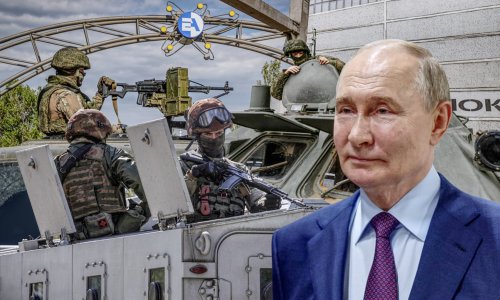Croatia can expect an investment boom in the coming years on the back of EU funding, the Deputy Prime Minister and Minister of Regional Development and EU Funds, Branko Grcic, told a press conference in Zagreb on Wednesday while presenting investment priorities set out in the National Strategic Reference Framework 2013.
The document, which was approved by the European Commission on August 26, sets priorities in the use of funding from EU structural instruments, including the European Regional Development Fund, the European Social Fund and the Cohesion Fund. The financial envelope from the cohesion and structural funds for Croatia until the end of this year is 449.4 million euros, of which 120 million is intended for the transport sector, 149.8 million for environmental protection projects, 108.4 million for regional competitiveness and 60 million for human resources development. The deadline for the use of these funds is the end of 2016.
Grcic said he hoped that the dispute between the Croatian government and the European Commission over the European Arrest Warrant Act would not affect the use of EU funds.
"I hope this matter will be resolved to mutual satisfaction, through an exchange of information that will settle the outstanding issues and put Croatia on an equal footing with other member states," Grcic said when asked whether the European Commission might punish Croatia over its so-called Lex Perkovic by denying the country access to EU funding.
Responding to criticisms from the opposition according to which the government had not done enough in preparing projects to be financed by EU funds, Grcic said that the current level of preparedness of Croatia guaranteed that it would be one of the more successful countries at the initial stage of using EU funds. He said that the government had prepared large projects worth 600 million euros in total and was financing the preparation of documents for 500 smaller local projects.
"In the year and a half while in office we have prepared projects that are worth more than all the projects that were prepared for pre-accession funds," the minister said, adding that a new investment cycle in Croatia had been delayed because the previous government had not prepared projects suitable for EU funding.
Grcic said that 2014 would mark the beginning of a new "financial perspective" of the EU and that Croatia had prepared itself well for it. He said he did not expect any delay in the submission of the National Reference Framework for that period.
Grcic said that by 2016 the largest investments were expected in water supply and drainage systems because those projects were best prepared. These should be followed by investments in railway infrastructure, primarily along European corridors passing through Croatia.

































